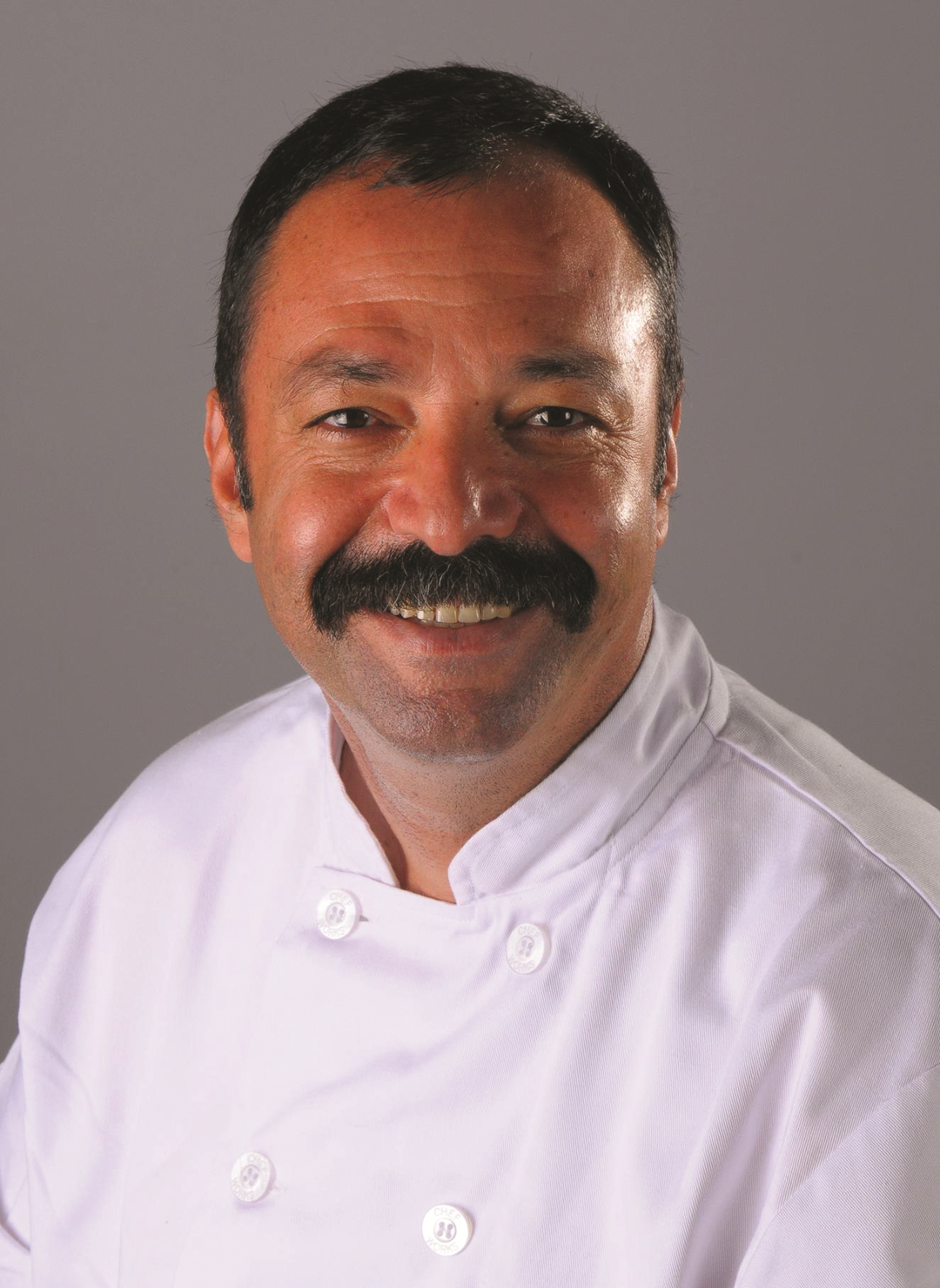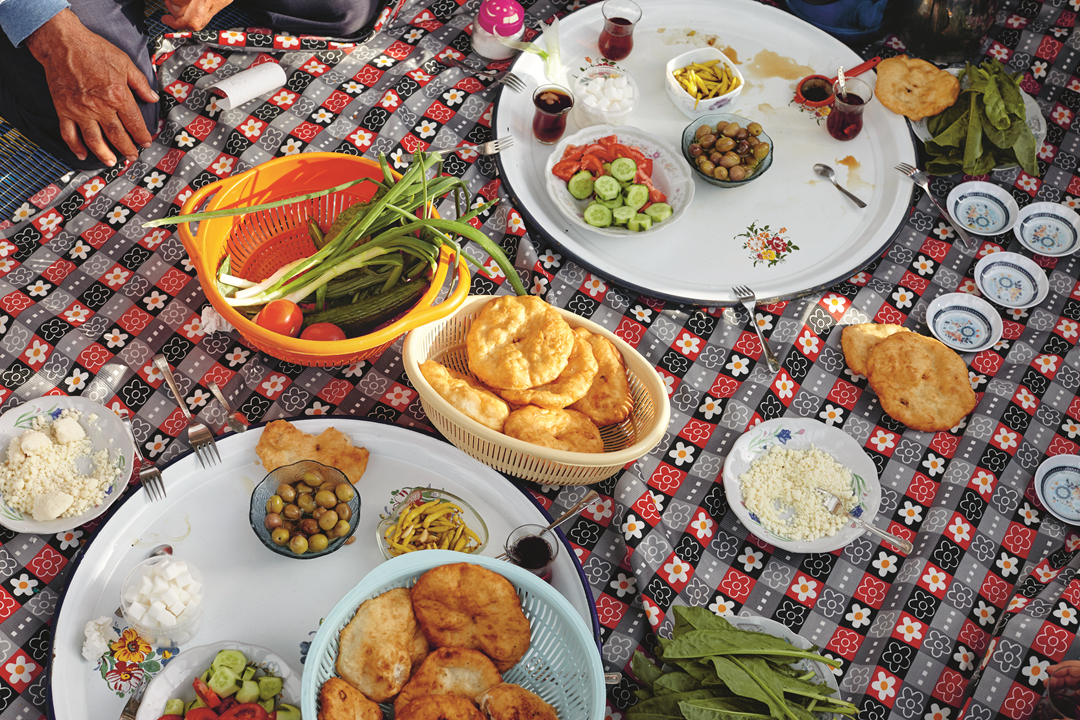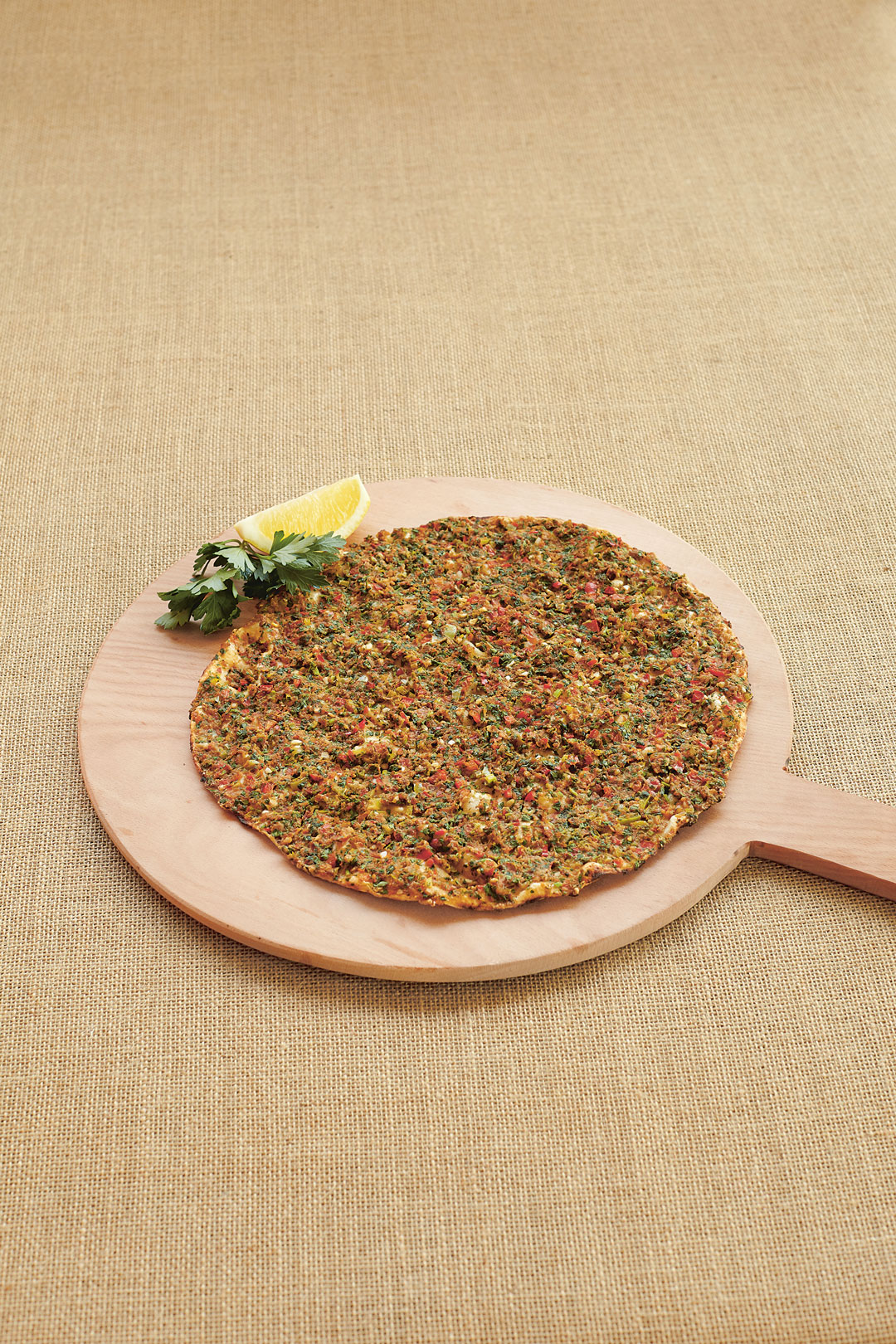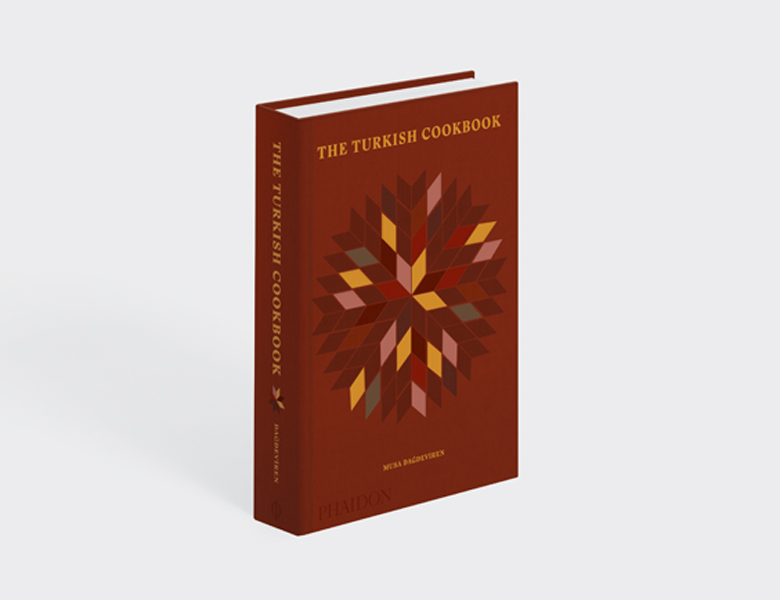
The dish that made our Turkish Cookbook author cry
Find out how chef Musa Dağdeviren became aware of the emotional power of home cooking
When Musa Dağdeviren's mother passed, he returned to his hometown of Nizip in south-eastern Turkey. While he was there the Turkish chef, restaurateur and Phaidon cookbook author, ate a traditional springtime dish of fava beans and eggs, prepared by a family member.
“When I tasted it, that’s when I realized that my mother was dead,” he told the New Yorker’s Elif Batuman in a profile for the magazine. “I realized that I was never going to taste that dish again the way my mother made it. The person who makes the food - his physique, his soul - is unique. It’s like fingerprints, or handwriting.”
This attitude towards traditional cookery is why many have described Dağdeviren’s restaurants as “ethnographic museums,” by reproducing and preserving dishes and recipes which would otherwise be lost, as traditional cooks such as Dağdeviren’s mother, passed away.

But surely all Turkish restaurants keep Turkish food alive? Well, yes and no. As Batuman explains in her piece, “there is a wide gap in Turkey between restaurant food - grilled kebab or fish, and meat pastries like börek and lahmacun, all of which are typically prepared by men - and the food that people eat at home: stews, pilafs, and dolmas, typically prepared by women. Until recently,” she writes, it was difficult to find home-style food in restaurants.”

Dağdeviren’s restaurants serve not only kebabs and lahmacun, but also the kind of dishes once only widely cooked and eaten in family settings, which might be why some diners have been reduced to tears by his faithful recreation of otherwise lost family treats.
“The bitter edge of sumac and pomegranate extract, the tang of tomato paste, and the warmth of cumin, which people from the south of Turkey put in everything, recalled to me, with preternatural vividness, the kisir that my aunt used to make,” Batuman writes. “Likewise, the stewed eggplant dolmas resembled my grandmother’s version even more intensely, somehow, than those dolmas resembled themselves.”
Unsurprisingly, these sorts of vivid, sensual recollections bring on fairly strong reactions among the chef’s clientele.

“Sometimes one of them will start crying, and it spreads to other tables,” he tells the magazine. If you want to try the dishes that reduce Turkish diners to tears, and can’t quite make it to the shores of the Bosporus, then order a copy of The Turkish Cookbook here. It’s the definitive cookbook of hearty, healthy Turkish cuisine, from the leading authority on Turkey's unique food traditions, Musa Dağdeviren.